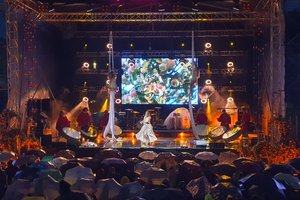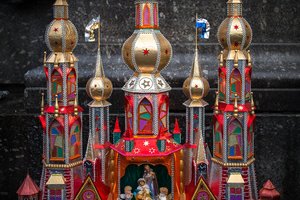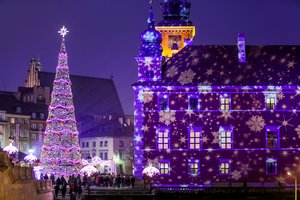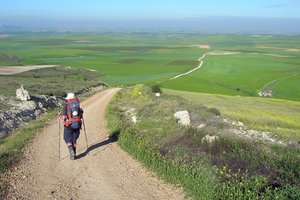New Year’s Eve
In Poland, you can spend this special night 250 metres below the ground, at an open-air concert, at the opera or in a monastery, amongst many other places.
The tradition of New Year’s Eve festivities and revelry in Poland dates back to the 19th century. Much older are folk customs surrounding this most special night of the year. In the past, especially in the countryside, New Year’s Eve would resemble Christmas Eve, except that fasting was not observed during the special supper. The table abounded in exquisite dishes and local delicacies.
As one folk custom has it, one must bid farewell to old problems before the start of the new year. On New Year’s Eve you should write down everything that worries you on a red paper and let it burn. Old problems will be consumed in the New Year’s flame once and for all. The same goes for finances. All debts and loans should be settled prior to New Year’s Eve so as not to enter the new year in debt and subsequently fall prey to unreliable debtors. Moreover, to secure a stable financial future you should put some scales of a Christmas Eve carp into your wallet on 31 December. A definite no-go on New Year’s Eve is doing cleaning: it is believed that this might “sweep out” happiness from your home.
In larger Polish cities New Year’s Eve is often celebrated by open-air concerts featuring Polish music stars. However, what is becoming increasingly common is that people spice up their New Year’s celebrations with unconventional ways of celebrating. A ball 250 metres below the ground in the Bochnia salt mine or, less deep underground, in the Wieliczka salt mine promises to be an unforgettable experience. Sailing fans can take an organized Baltic Sea cruise and mountain lovers can drink their toasts on the peak of Giewont.
Monastic meditations have been enjoying increasing popularity. Those are a kind of spiritual retreat within the silence of monastery walls. In Poland, such New Year’s Eve celebrations, or “anti-celebrations”, are offered, for example, by the Benedictines in Tyniec or the Franciscans in Kalwaria Paclawska.
KB
01.12.2014







